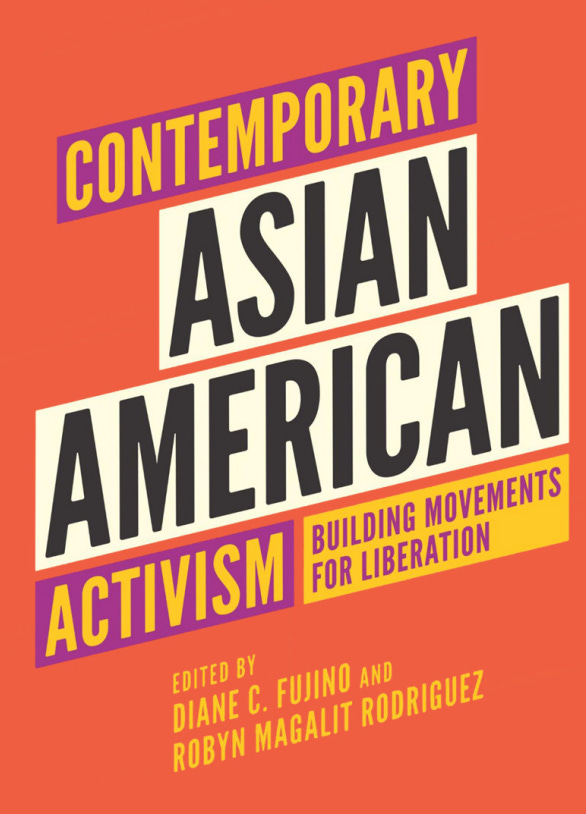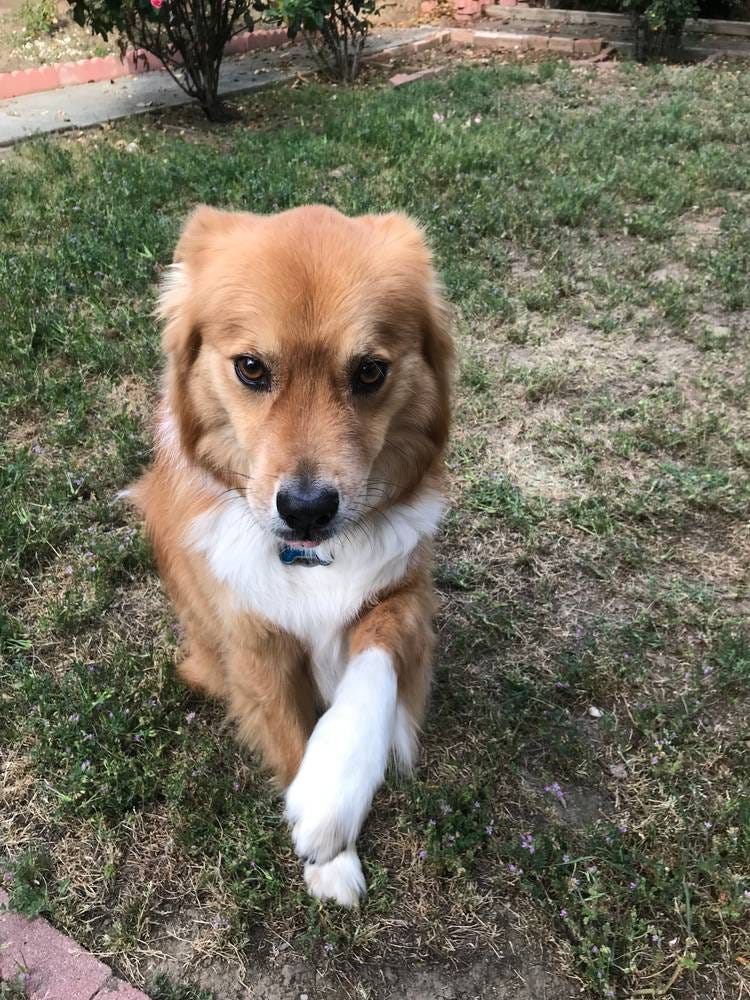92. 💅🏽 liberating my research 💅🏽
thinking about writing for myself
Hello and happy Monday.
Last week was a lot—the news headlines especially were a lot. The Cut has compiled a list of organizations to donate to in states that are hostile to abortion. Also (of course) here are some links to the Planned Parenthood Action Fund and a link on how to find your local abortion fund.
May is national Asian American and Pacific Islander Heritage Month. Fridays during the month of May, UCLA is hosting a virtual speakers series that addresses different issues in Asian American Activism. Best part: it’s free and open to the public!! Take a look at the list of events here—it seems like it’s going to be a great set of talks!
✏️ Still processing.
Last Friday, the postdocs at the Charles Warren Center participated in a “Liberate Your Research” workshop with Dr. Nadine Naber. The workshop was a crash course in owning our theoretical frameworks and methodologies, and in providing us tactics to work through trauma that we may have sustained from the academy.
This workshop gave me many “aha” moments in my own understandings of my research and its value. I wanted to share three takeaways that I had from the workshop that I think might be helpful to other folks out there writing & researching in the academy.
The academic industrial complex & its ensuing trauma makes us write for others first (usually gatekeepers), rather than ourselves.
This was the first time that I heard the term “academic industrial complex,” which I think is pretty apt for some of the revelations I’ve had over the past year. There are aspects of this work that make it a “profession,” and contribute to its institutionalization, from which participants secure cultural capital and positions of power. In a way, then, the goal in the academy has shifted to (or perhaps has always been?) power & social capital, rather than the collaborative pursuit of knowledge.
It only follows, then, that we learn to write for others first, rather than ourselves. In graduate school, we write our dissertations for evaluation by our committee. This makes sense—we’re just learning. However, this mindset may continue after we finish graduate school, particularly because our ability to get jobs, grants, publications, etc. are all determined by others. Knowing this, we may at times—consciously or not—write for those people evaluating us, rather than for ourselves.
It’s time that we consciously write for ourselves first. Our projects are meaningful to us for a reason, and at times thinking about gatekeepers paralyzes our ability to innovate and think in new ways. By consciously saying that I am writing for myself frist, I feel like I have a greater sense of purpose and determination that carries me through.
As interdisciplinary scholars, we are not just innovating in terms of content, we can also innovate in terms of our approach (theoretical and methodological) to what we research.
Prior to this workshop, when I thought about the kind of scholarly gap in knowledge I was filling, it would mostly be content-based. For instance: By studying the Iranian diaspora, I am contributing to an emerging field of West Asian American Studies; I am talking about a community that is underrepresented in scholarship; I am showing why Iranian migration & Iran is important to understanding the history of the United States.
However, through this workshop, I realized that the interdisciplinary work that I do necessitates me to also innovate methodologically and theoretically. Not only does my work contribute to the recovering of Iranian diasporic histories, but this particular story can also change the way we approach how we study the intersection of race and empire. What does the case of the Iranian diaspora allow us to understand about how race operates in the context of US empire?
Nadine has a blog post on how to go about defining your approach, which you can find here!
Lived experience contributes not just to what you choose to write, but also how you choose to write it.
This is in a similar vein to the takeaway listed above, but different enough (and thought-provoking enough) that I wanted to write a bit about it here. I have always known that my lived experience of growing up Iranian American in the United States (esp. after 9/11) contributed to what I wanted to study. I felt the ways that my ambiguous racialization contributed to contradictory experiences and feelings, and I wanted to dive deeper into the history that brought us to where we are today.
I didn’t expect, though, that my lived experience could also inform the ways that I approach my research. We always hear (and I also believe) that you are so much more than your research. What I didn’t expect though, was that those other parts of myself that I have cultivated could actually enhance my ideas and writing. My interests outside the academy—just as they shape me as a person—also shape the way that I approach my work. My time in therapy has led me to understand and narrate historical events with empathy and an attunement to trauma. Even playing Pokemon on my Switch has made me rethink the ways that I set up narratives and guide the reader through what I am trying to show them. By re-orienting my outside interests as also necessary and helpful to my work, I feel like I’m integrating my parts together in a way that allows me to write for myself (circling back to that first takeaway).
🌀 Still consuming.
The above twitter thread is literally everything.
This survey is a really helpful way of visualizing your potential for burnout. Based on your responses, the site also gives you some exercises to do to start reflecting on your feelings of burnout.
A video from Paul Kramer on reading and note-taking in graduate school. Really helpful, and has reminded me to keep in mind why it is that I am reading a text—what I hope to get out of it.
From Austin Kleon: how to read like an artist.
“Productivity is often a distraction. Don’t aim for better ways to get through your tasks as quickly as possible, rather aim for better tasks that you never want to stop doing,” and 102 other bits of advice from Kevin Kelly.
Rebecca Solnit on how Americans can fight back to protect abortion rights.
📖 Book club corner.
Friends! The people have spoken! For May’s book club, we will be reading How to do Nothing by Jenny Odell! I’m so excited!! Feel free to purchase the book here, and the details are below!
Here’s the event info:
Date & Time: Tuesday, May 31 @ 5PM PST/8PM EST
Registration Link!
Suggested Donation (for those able to donate): $3-10 through Paypal or Venmo (@idyalz)
You can learn more about the tiny driver book club here!
🐶 A pup-date.
Mr. Higgins would like you to please hold his hand:
As always, thanks so much for reading through, and I'll see you in the next one!
Warmly,
Ida






